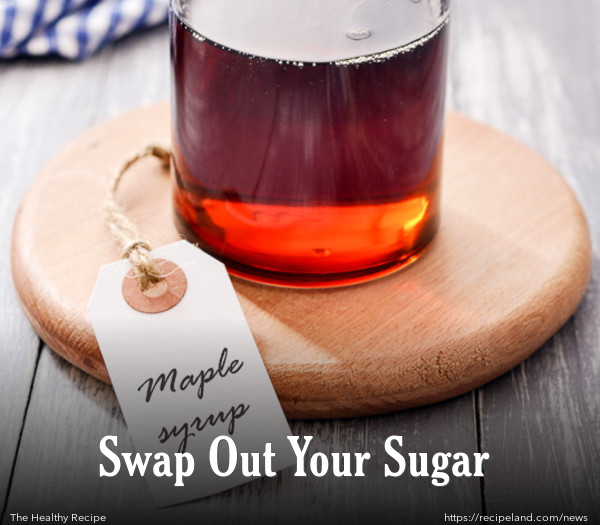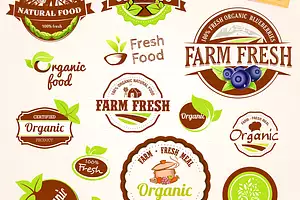Are sugar substitutes really a healthy alternative to refined sugars? Is there any advantage to using natural sweeteners instead of chemical-based sweeteners? What impact do these sugar substitutes have on blood sugar levels?
What is the best way to use each type of sugar substitute? Keep reading to find out key information about sugar substitutes and the role they should play in your diet.
One out of every nine adults in Singapore, or 10.8%, are considered to be obese. This obesity often leads to disease, such as diabetes, hypertension, and high cholesterol. Half of Singaporean adults are trying to lose weight.
Effectively managing their weight can help them to have better overall health, as well as a reduced risk of developing these obesity related diseases. Many turn to sugar substitutes as an effective way to lower the calories in their diet.
The Health Promotion Board of Singapore defines sugar substitutes as “chemical-based or natural compounds that offer the sweetness of sugar without as many calories.”
There are a wide variety of sugar substitutes, both caloric and non-caloric, available on the market.
Some sugar substitutes are best used to sweeten coffee or tea, while others can be easily incorporated into baked goods. You should always read the label on the sugar substitute to make sure that you are using it appropriately and substituting the right amount.
Caloric sweeteners are found naturally in plants. These sugar substitutes do not have the same effect on blood sugar levels as refined sugar. Some examples of natural, caloric sweeteners are:
Agave Nectar.
Taken from a desert plant, this sugar substitute is not low in calories. However, agave is super-sweet. You can use less of it than regular sugar in your favourite recipes. Agave can be used in baking and flavouring drinks. It is a good option for diabetics because it does not seem to affect blood sugar and insulin levels.
Maple Syrup.
Derived from the sap of maple trees, maple syrup is lower in calories, 17 calories per teaspoon, than refined sugar. It is also a good source of minerals, like zinc and manganese. Maple syrup can be used in baking, as well as on top of pancakes and waffles! This natural sweetener is not recommended for diabetics as it can spike blood sugar levels.
Brown Rice Syrup.
This sugar substitute is created when cooked brown rice is combined with sprouted rice or barley. Brown rice syrup contains about 13 calories per teaspoon and is a good source of zinc, manganese, and magnesium. However, it is not recommended for diabetics as it contains glucose. Brown rice syrup is best used in baking because of its distinctive caramel flavour.
Erythritol.
This sweetener is created when sugar cane or corn starch is broken down, fermented, and filtered. Erythritol is almost calorie-free and is an excellent substitute for refined sugar across the board. It can be used in beverages and baking. Erythritol is a great choice for diabetics because it has no effect on insulin or blood sugar levels.
Non-caloric sweeteners are often super-sweet and should be used in small amounts. Acesulfame-K, saccharin, and sucralose are all non-caloric sweeteners that can be used in baking and for sweetening coffee or tea.
Aspartame, another non-caloric sweetener, should only be used to sweeten your favourite beverage. All of these non-caloric sweeteners are safe for diabetics as they have no effect on blood glucose levels.
Another non-caloric sweetener, Stevia, is actually able to lower blood sugar levels. This sweetener is derived from a South American herb. It is available in powdered or liquid form. Stevia can be used for baking, sweetening drinks, or sweetening cold foods like salad dressing or yoghurt.
You may have heard that some sugar substitutes can cause cancer. However, those that have been approved for sale in Singapore have been tested. No link to cancer has been found.
As you use sugar substitutes to manage your weight or control your blood glucose levels, it is important to remember foods that use these sweeteners are not necessarily low-calorie or low-fat.
The Health Promotion Board recommends that you read the nutritional labelling before adding any food into your diet. The best way to control your weight and blood sugar levels is to lower the amount of sweeteners you use over time and train your taste buds to enjoy foods that are less sweet.










Comments
We agree, aspartame is safe! This fact has been reaffirmed time and again by world leading toxicologists, and regulatory agencies around the globe.